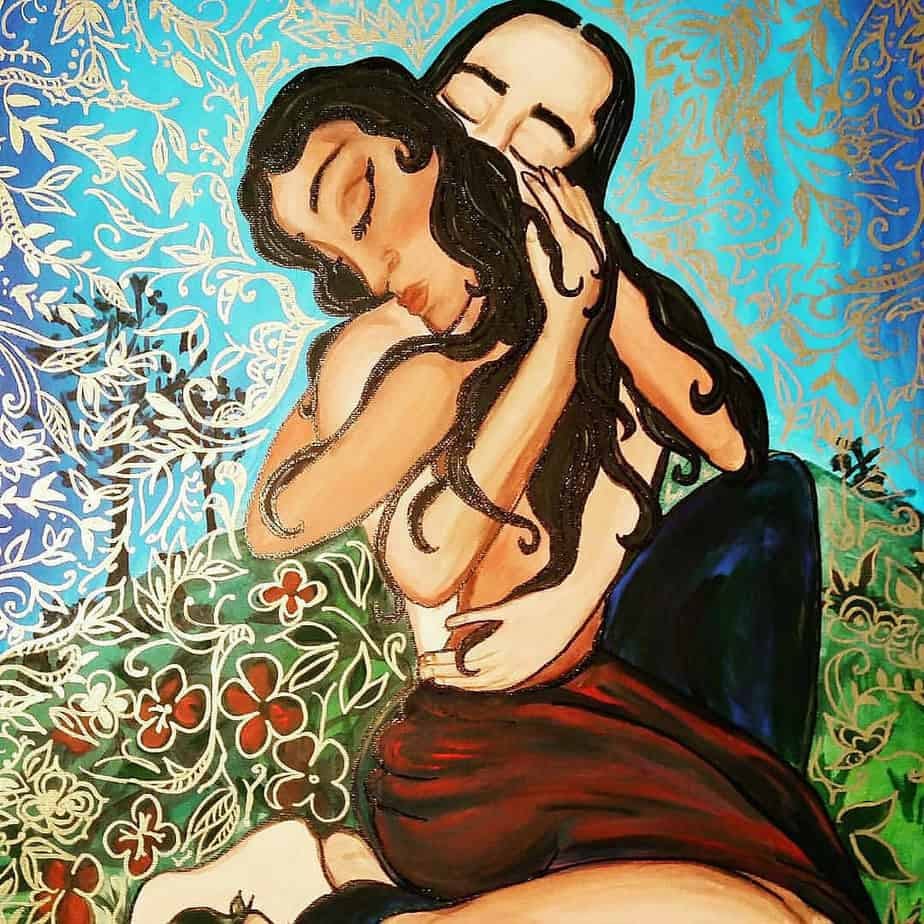“Maitri Karar”: Now Illegal Gujarati Custom of keeping Mistresses

Maitri karar was a way to circumvent the restriction in the Hindu Marriage act of one marriage. For Hindu men, who wanted to keep multiple women legitimately, this was a way out.
Prevalent mostly in Gujarat, this social tradition that was used to circumvent the provisions of the Hindu Marriage Act by men so they can “have another woman” in their lives. Hindu Marriage Act only allows one wife. Please note that polygamy is a punishable offense.
In Gujarat a system prevailed in which a man and a woman entered into a friendship agreement, a legitimate contract before a magistrate. It had a social and legal sanction and was popularly known as “maitri karar”. Later this practice was converted into a “service agreement”, according to which the man would keep the woman of his choice in his house as a helper or a maid servant. Not surprisingly, this contract, too, had a legal and social legitimacy. It is well known that this practice was followed by many Ministers and senior bureaucrats.
Here is how it works – the man makes an agreement on an INR10 stamp paper made into an affidavit. It is signed by the two parties and also the SDM (also the sub-registrar of marriages). This in a way gives the woman a “sens of legal security”, albeit a false one. She is still the “other woman”, a mistress.
Maitri Karar: Now Illegal Gujarati Custom of keeping Mistresses Click To Tweet
This practice has been rampant in Gujarat for many decades and many Ministers and senior bureaucrats have kept a harem of mistresses thanks to this “workaround”.
This practice has been followed by Hindus and not Muslims because it attempts to circumvent the Hindu Marriage Act, which holds polygamy illegal.
Finally on December 15, 1999 – in a landmark judgment in the Minaxi Zaverbhai Jethwa v. State of Gujarat case, where the Maitri karar agreements were held void ab initio!
As per some figures,
29,951 cases of ‘Maitri Karar’ (Friendship Contract)
had been earlier registered in the District Collectors office in Ahmedabad prior to the judgment.
This custom was a deviation from an earlier custom in Gujarat, where this was available to legitimize a temporary relationship while the man and woman lived together as being like a marriage. The provisions were more stringent then and it wasn’t there to have mistresses as it has become over the years!
The two parties, one male and another female, must be of the age of consent/ majority and of sound mind and otherwise competent to contract. They must not be married to any other person. They will contract to marry and stay in matrimony for a period of time. The rights, duties and liabilities of both parties are set out clearly including whether they will have any offspring or not. The right to damages for breach is also usually stipulated.
Now, however, this had degenerated into a convenient way for the wealthy and the powerful to have their own personal harem or mistresses.
featured image: flickr
Sources: Rediff . Sawaal iBIBO




